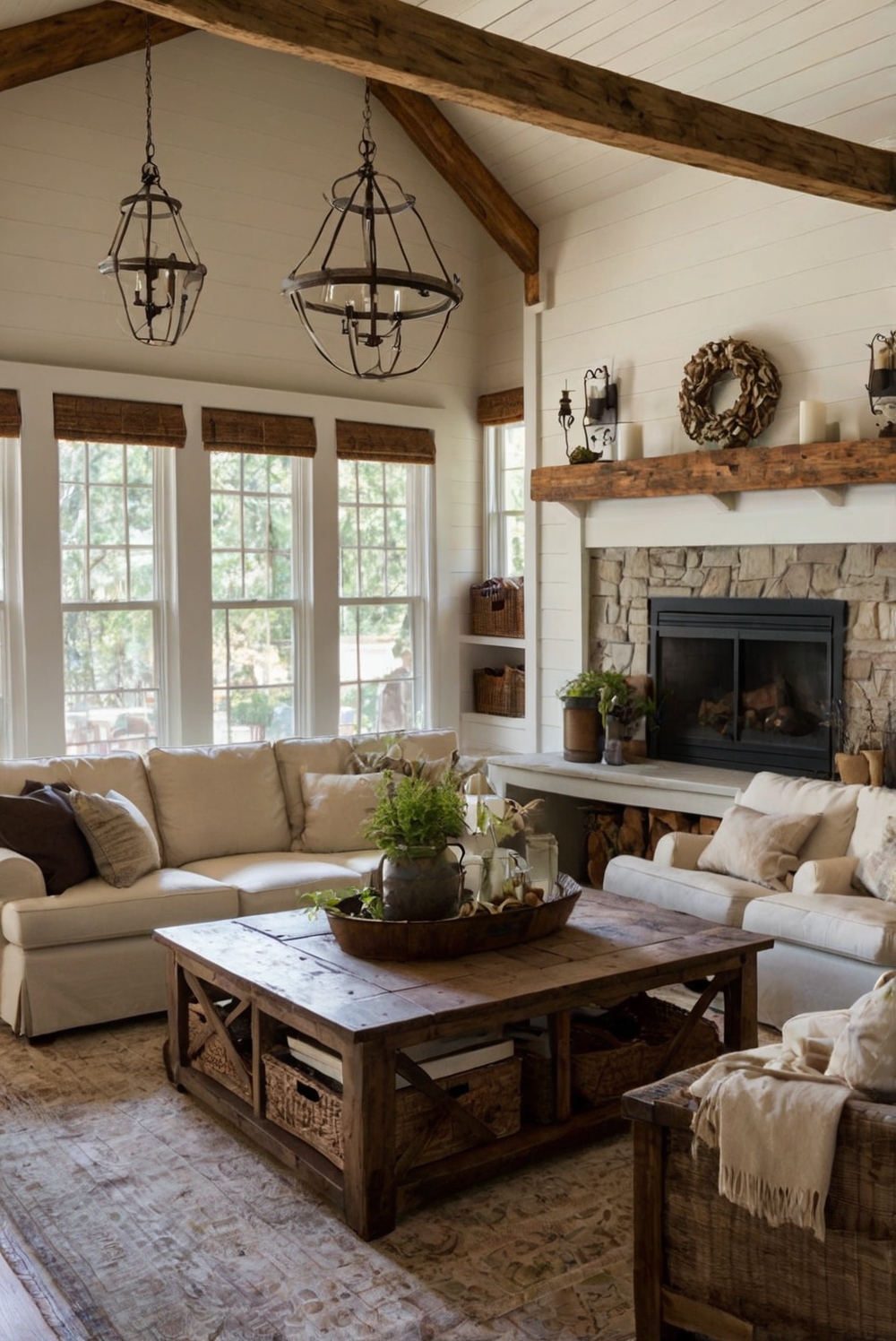Discover the impact of bulb wattage on lighting levels in your interior design projects. Illuminate your space with the perfect brightness for every room.
**How Does Bulb Wattage Affect Brightness?**
Increasing the wattage of a light bulb typically results in a brighter light. A higher wattage bulb produces more light output, increasing the brightness in a room. However, it’s crucial to consider the appropriate wattage for the space to prevent overpowering light or potential risks like overheating. Proper space planning and interior design play a vital role in choosing the right bulb wattage to enhance the ambiance of a room. When decorating interiors, especially in areas like bedrooms, kitchen, or living rooms, selecting the correct bulb wattage is essential for a cozy and well-lit environment without straining the eyes. It’s advisable to consult with designers when choosing the right wattage for specific areas and to ensure a coordinated color scheme with the chosen lighting.
How Does Bulb Wattage Affect Brightness?
When it comes to understanding how bulb wattage affects brightness, it is essential to grasp the basic principle that wattage directly correlates with the amount of light produced by a bulb. In simple terms, higher wattage bulbs emit more light, resulting in increased brightness in a given space.
It is crucial to note that bulb brightness is measured in lumens, not wattage. Lumens indicate the total amount of visible light emitted by a bulb, while wattage refers to the amount of power consumed by the bulb to produce that light. Therefore, while higher wattage bulbs typically produce more lumens and thus appear brighter, it is not a direct relationship.
Another important factor to consider is efficiency. Higher wattage bulbs may produce more light, but they also consume more energy. In contrast, lower wattage LED bulbs can provide the same level of brightness as higher wattage incandescent bulbs while using significantly less energy.
Factors to Consider When Choosing Bulb Wattage:
1. Room Size: Larger rooms may require higher wattage bulbs to adequately illuminate the space.
2. Fixture Type: Certain fixtures may have wattage limitations, so it is essential to choose bulbs that are compatible.
Conclusion
Understanding how bulb wattage affects brightness is crucial when selecting the right lighting for your space. By considering factors such as room size, fixture type, and efficiency, you can make informed decisions that balance brightness and energy consumption effectively.

